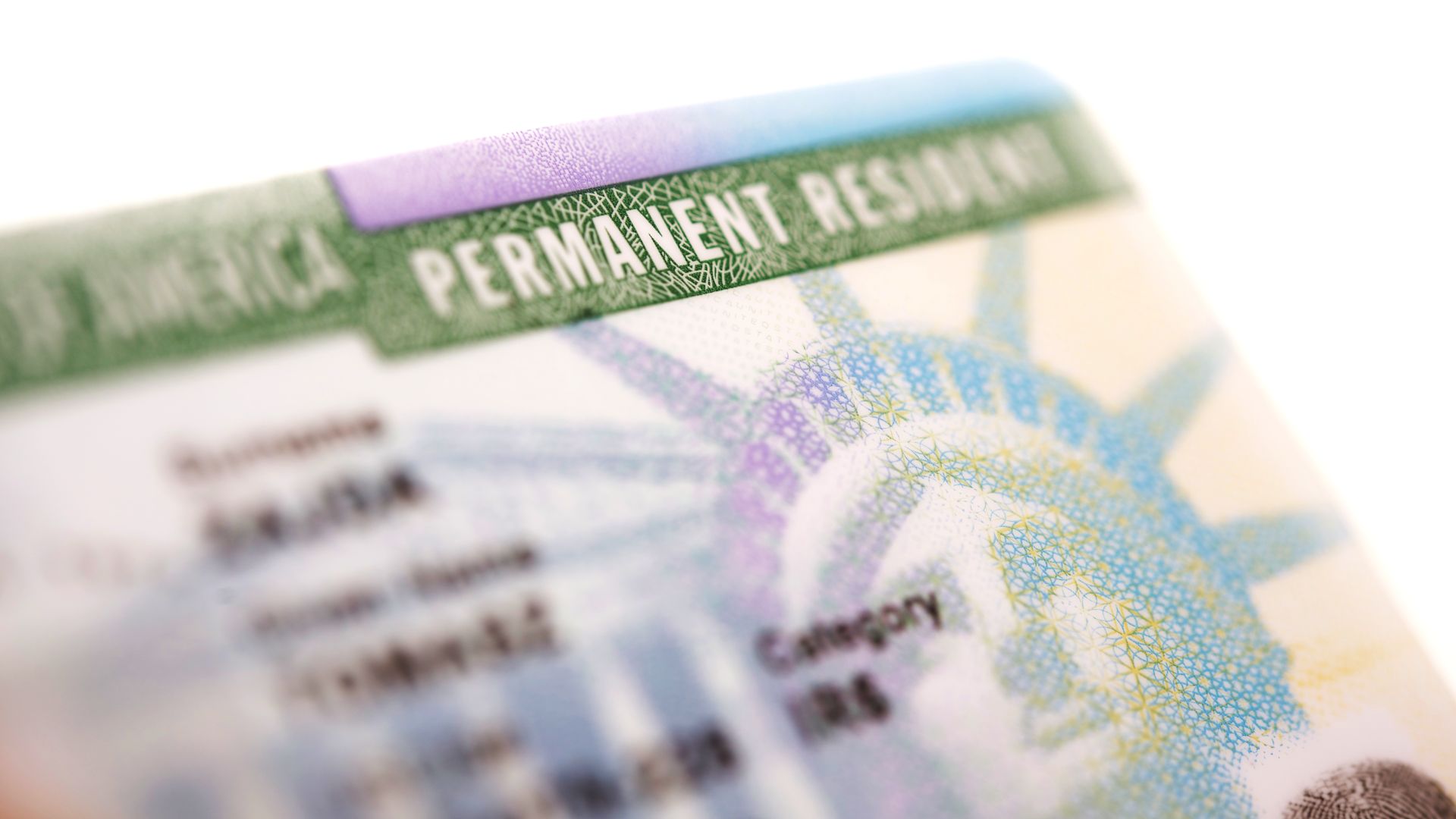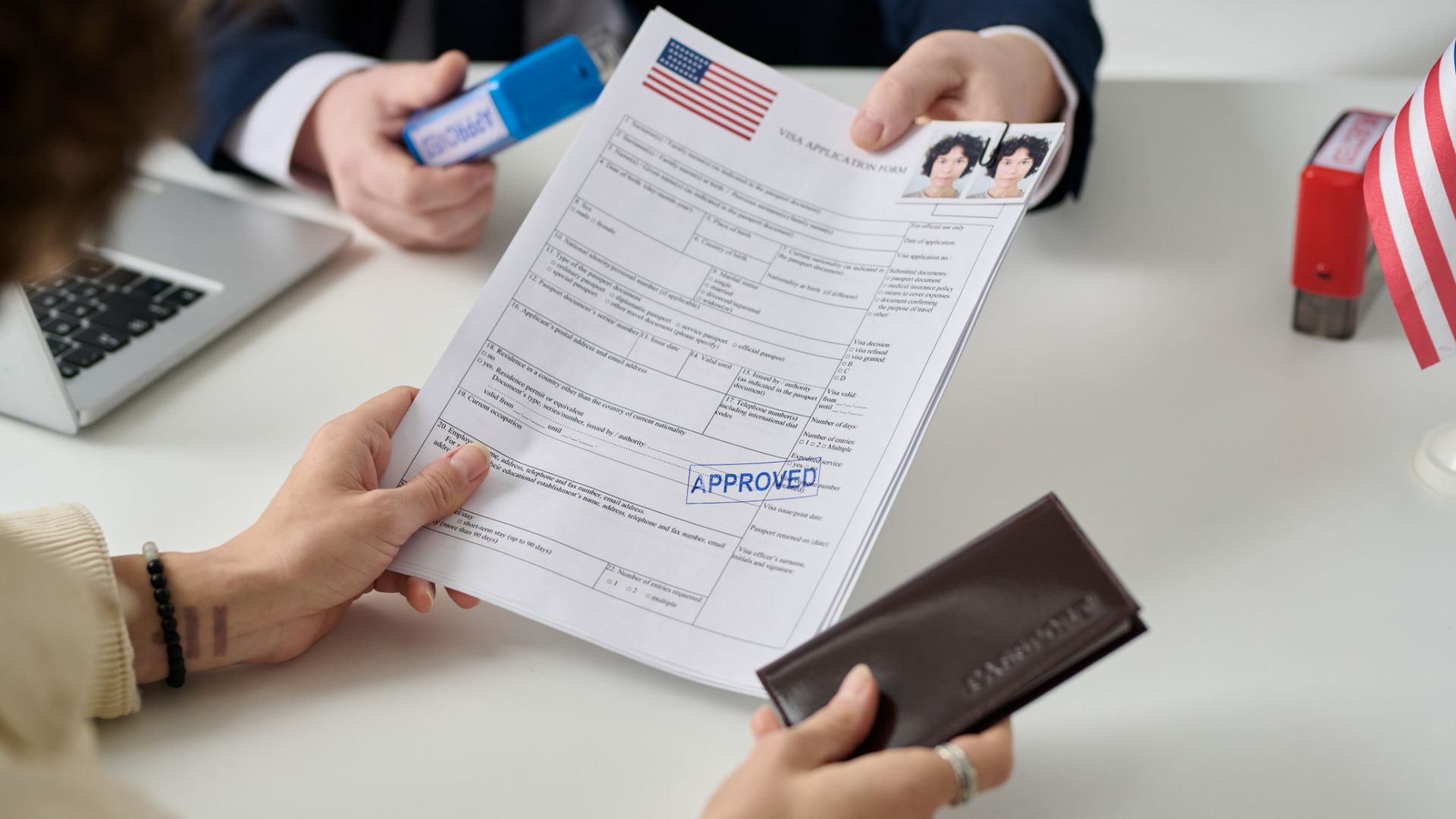For many, the dream of living and working in the United States is a journey filled with hope, excitement, and opportunities. However, navigating the U.S. immigration system can also be a complex and frustrating experience, filled with legal hurdles, procedural delays, and emotional challenges. Whether you’re seeking to reunite with family, advance your career, or start a new chapter in your life, understanding the common obstacles can help you prepare and overcome them effectively.
In this blog, we explore some of the most frequent issues faced by immigrants and provide practical advice to help you navigate the system with confidence.
1. Lengthy Processing Times
One of the most prevalent issues in the U.S. immigration system is the extensive delay in processing applications. Whether you are applying for a visa, green card, or citizenship, wait times can stretch from months to years, depending on the type of application and the workload of the processing center.
Causes:
- Backlogs at U.S. Citizenship and Immigration Services (USCIS).
- Limited resources and staffing.
- Complex security checks and documentation requirements.
Tips:
- Submit applications as early as possible.
- Ensure all forms and supporting documents are complete and accurate to avoid additional delays.
- Track your case status online and consult an immigration attorney for advice if processing exceeds expected timelines.
2. Visa Overstay and Unauthorized Presence
Overstaying a visa or being present in the U.S. without authorization can have severe consequences, including deportation and bans on reentry. Many individuals find themselves in this situation due to misunderstandings of visa terms or unexpected changes in their circumstances.
Consequences:
- Ineligibility for future visas.
- Three- or ten-year bans on reentry, depending on the length of unauthorized stay.
- Increased difficulty in adjusting status.
Tips:
- Regularly check the expiration dates of your visa or authorized stay.
- File for extensions or changes of status before your authorized stay expires.
- Seek legal counsel immediately if you realize you have overstayed.
3. Employment-Based Visa Challenges
Obtaining a work visa such as an H-1B, L-1, or O-1 can be highly competitive and complex. These visas are often subject to numerical caps, stringent requirements, and employer sponsorship obligations.
Issues:
- H-1B lottery system with limited slots.
- High denial rates for certain categories.
- Dependence on employer sponsorship.
Tips:
- Plan ahead and ensure your employer files your petition early.
- Gather strong evidence of qualifications and job necessity.
- Consider alternative visas, such as the O-1 for individuals with extraordinary ability, if applicable.
4. Family Reunification Delays
Family-based immigration aims to reunite family members, but it often comes with prolonged wait times due to annual visa limits and high demand. Immediate relatives of U.S. citizens usually have priority, while other family preference categories may wait years for visa availability.
Challenges:
- Long priority dates for non-immediate relatives.
- Stricter requirements for proving family relationships.
- Documentation errors causing delays.
Tips:
- File petitions as soon as you become eligible.
- Keep thorough records of your relationship and supporting evidence.
- Monitor the Visa Bulletin for updates on priority dates.
5. Deportation and Removal Proceedings
Facing deportation is one of the most stressful situations for an immigrant. Removal proceedings can occur for reasons such as visa overstays, criminal convictions, or failure to maintain status.
Steps to Address:
- Understand your rights, including the right to legal representation.
- Attend all hearings and comply with court orders.
- Explore relief options such as asylum, cancellation of removal, or adjustment of status.
Tips:
- Consult an immigration attorney experienced in removal defense.
- Gather evidence supporting your eligibility for relief.
- Stay informed about changes in immigration policies that may affect your case.
6. Language Barriers and Miscommunication
Many immigrants face challenges understanding immigration procedures due to language barriers. Miscommunication can lead to errors in applications or missed deadlines.
Solutions:
- Use USCIS resources available in multiple languages.
- Seek help from accredited organizations offering translation and interpretation services.
- Work with an immigration attorney who speaks your language or provides interpreters.
7. Fraud and Scams
Immigrants are often targeted by fraudulent schemes promising quick and easy solutions to complex immigration problems. Falling victim to such scams can jeopardize your legal status and financial stability.
Red Flags:
- Unlicensed individuals offering legal services.
- Promises of guaranteed approvals.
- Requests for large upfront payments without a contract.
Tips:
- Verify the credentials of any legal professional you work with.
- Report scams to the Federal Trade Commission (FTC) or USCIS.
- Avoid sharing personal information with unverified entities.
Final Thoughts
The U.S. immigration process is inherently challenging, but understanding the common issues and how to address them can make a significant difference. Whether dealing with lengthy processing times, visa complications, or other hurdles, being proactive and seeking qualified assistance is key to navigating the system successfully.
For personalized advice and support, consider consulting a licensed immigration attorney or trusted advocacy organization. By staying informed and prepared, you can overcome many of the obstacles that arise on your journey to achieving your immigration goals.








